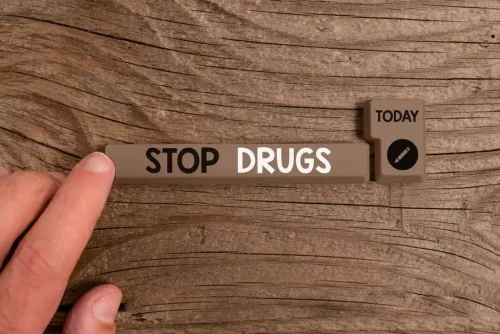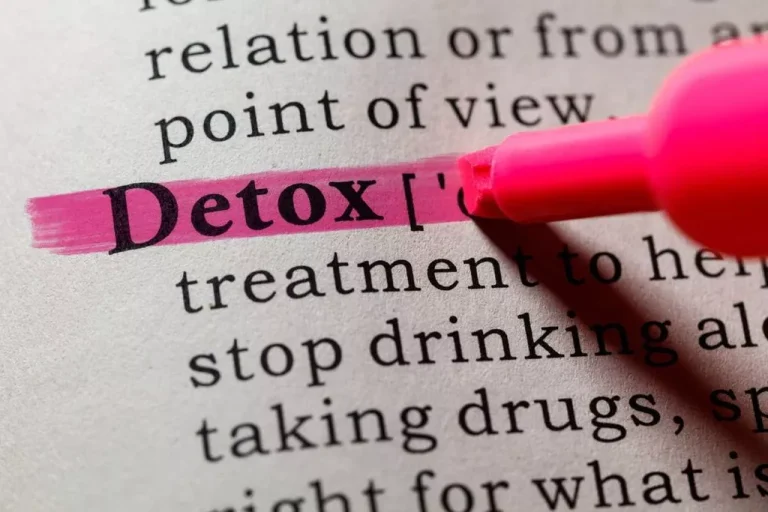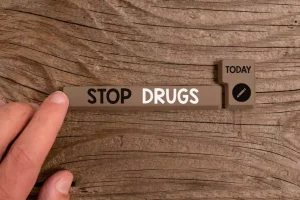11 Tips To Help You Stay Sober

A large body of research exists examining—and proving—the efficacy of AA for sobriety. A 2011 study by Krentzman, Robinson, et al. sought to answer the question of why some people chose to continue going to meetings even after they achieved short-term sobriety. For this individual, it could be because they are more comfortable with a life in addiction than a life in recovery. There are times that it could be that the individual has a fear of the unknown and a fear of becoming sober.
Implement Relapse Prevention Techniques
Family is another means of support that can be powerful. Some AA or NA groups offer open meetings that family members can attend. Attending an open meeting with you can help your family better understand what you are doing in your recovery. Whatever your reason for quitting, you must commit to being substance-free. Motivation to recover is strongly correlated with ongoing sobriety, so it is critical to your long-term success that you think about what is motivating you to want to make this life change. “Creating a safe emotional space often starts with creating a safe physical space,” says Elder.
- During our lives, with respect to our recovery, we try to do everything possible to help us maintain our recovery.
- As times got worse, so did my relationships (or lack thereof).
- Their process of getting sober will depend on numerous factors, including the severity of drug or alcohol use disorder and long-term goals of sobriety.
- From personal experience, I can say I know what it is like to be handcuffed to my disease and afraid to do anything about it.
What are the first steps to take if I’m afraid to become sober?
- As I matured, I never fully grew out of this class clown/funny guy phase.
- Just keep in mind that your improvements won’t happen overnight.
- In addition to being able to recognize them, it’s important to know when to seek help.
- I still have what I would consider a healthy fear of relapse.
- If you’re unsure of whom to approach, pod mapping is a great tool to help figure out relationship safety.
You may tell yourself that dwelling on the things you can’t control, obsessing over the fears and the unknown—that’s easier than addressing them and finding a reason to laugh or smile. Focusing exclusively on the negatives of your recovery can lead to extreme mental and physical discomfort, and may eventually lead you back fear of being sober to the feelings that drove you to use substances in the first place. A person who is getting sober may be getting sober from one substance or all substances. Their process of getting sober will depend on numerous factors, including the severity of drug or alcohol use disorder and long-term goals of sobriety.

Avoid Old Habits and Toxic Relationships
You can try to avoid the conversation, but it’s good to have a response ready in case that’s not possible. If the question comes from someone you know well, you may want to say that drugs or alcohol became a problem for you, so you’re staying away from them. If you don’t know the person well, simply saying you have to get up early the next morning or you quit for health reasons should be enough. Getting sober is when someone stops using an intoxicating substance.
One day at a time, you will regain your relationships with loved ones and make real friends, and you may find a sense of purpose, hope and even serenity. They went from smoking weed on the weekends to smoking weed every day, to binge drinking and to snorting whatever pill I could get my hands on. But in the brief moments I was sober, my fears amplified by 1,000.

Fears That Can Sabotage Recovery and How to Manage Them
In my addiction, when I found that I was afraid, I would run from the fear. I was constantly afraid because of all the dope I had on me at any given time. When I got sober this time, I was intensely afraid of relapsing. The reason for this is simple—I had just come off a 9-month relapse that was absolutely horrible.
Involve Family in Recovery
One of the great challenges for those still struggling with alcohol and drug dependency – and even for those in long-term recovery – is surrendering to a power greater than ourselves. Giving up the internal battle to control our own lives and letting someone else guide us to a path of sobriety can often feel like the hardest thing we have ever done. Until we do completely surrender, however, we will never fully know the joys that a sober life can bring.

If these emotions become excessive, they can hold you back from recovery. If you are trying to maintain a sober lifestyle, those feelings can become toxic and contribute to relapse if you don’t deal with them properly. The Calm app puts the tools to feel better in your back pocket, with personalized content to manage stress and anxiety, get better sleep, and feel more present in your life. Feeling like you need to rely on alcohol or drugs for enjoyment can be scary. If drinking is part of your regular routine after work, or if it’s become a habit to share a bottle or two of wine with your friends on Friday nights, you may consider exploring your relationship with alcohol.

Studies suggest digital health options can improve access to care for some of the 15 million people experiencing alcohol use disorder each year. Acknowledging and celebrating the hard work of recovery is helpful for keeping you motivated and reminding you why you took this brave step toward sobriety in the first place. Just be sure that your rewards don’t involve drugs or alcohol. Instead, focus on things, experiences, and activities that will support your new, healthy lifestyle. For many people with a substance use disorder, it’s simply a matter of never having learned the appropriate way to manage anger.
